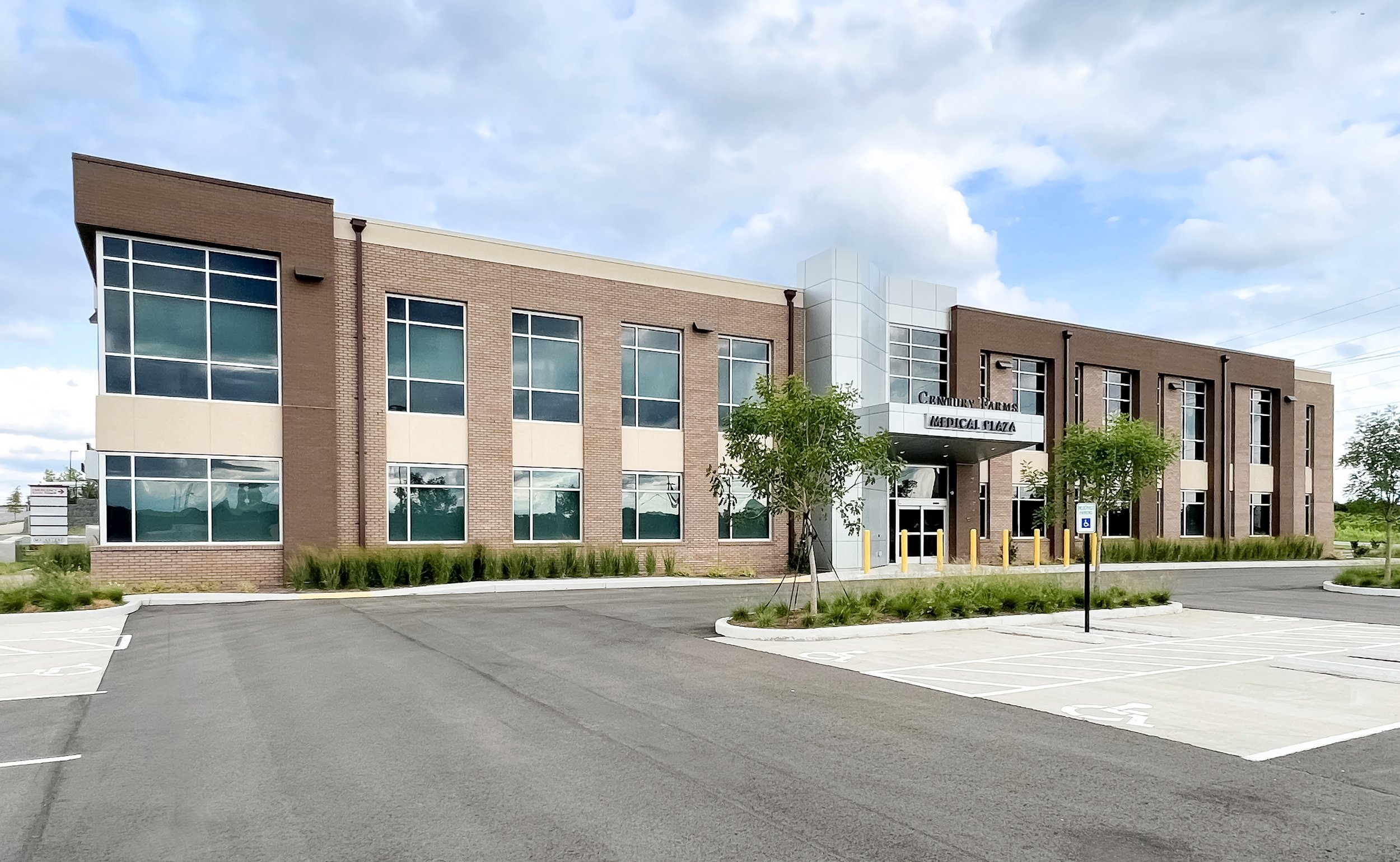
PERMANENT LOCATIONS
Purchases
The decision to purchase commercial real estate requires careful consideration and analysis. We provide all that healthcare businesses need to ensure they make the decision that’s right for them, then execute a tailored strategy to achieve their ownership goals.
Purchasing Healthcare Real Estate
There are several reasons a healthcare provider or practice may elect to pursue owning their building instead of leasing space for their business. Purchasing a building can have strategic, financial and operational benefits.
Jones Healthcare Real Estate has extensive experience representing buyers of healthcare property, from existing buildings to developable land.
We align exclusively with your business or practice to navigate commercial markets, evaluate all your options, perform due diligence and financial analysis, and secure the most favorable purchase terms for your business.
Purchasing real estate for your business is a big decision, with myriad financial, operational and strategic implications. We will help you remove the guesswork, avoid the pitfalls and make the best decision for your business, your care providers and your patients. Don’t leave anything to chance!
Advantages to Property Ownership
Financial Investment
Equity Building: Ownership in real property allows the business or practice to directly benefit from appreciation in a valuable real estate asset.
Tax Advantages: Property ownership offers potentially meaningful tax advantages, including interest deductions, depreciation and more.
Cost Stability: Owning property typically allows businesses and practices to ensure fixed costs and avoid fluctuations in rental markets.
Long-term Investment in Improvements: Investments in the property directly benefit the practice rather than a third-party landlord.
Potential for Passive Income: Unused portions of a building could be leased to other tenants, generating passive income for the business and allowing operating expenses to to be shared.
Operational Benefits
Consistency in Location: Owning ensures the practice won’t need to relocate due to lease terminations or landlord decisions.
Autonomy: Building owners can avoid restrictions imposed by lease agreements, such as operating hours, limitations on alterations, branding opportunities, and more.
Fully-Tailored Space: Building ownership affords the opportunity to fully-customize the entire building (not just the space) to fit specific operational needs, such as patient-flow, specialized infrastructure, aesthetic preferences, and more.
Enhanced Privacy and Security: Full control over the property allows businesses and practices to implement customized security measures.
No Interference: Owner-occupiers can avoid challenges from neighboring tenants, including noise, competing businesses, and shared resources like parking lots and common areas.
Strategic Advantages
Talent Recruitment and Retention: Modern, owned facilities may be more appealing to specialists and employees seeking a stable, consistent workplace
Sale-Leaseback Opportunities: Practices can sell the property and lease it back, unlocking capital while retaining the ability to operate the practice.
Mission-Driven Ownership: Building ownership allows the practice to design and operate the facility in alignment with it’s missions, such as sustainability features, patient-friendly designs, innovative healthcare delivery methods, etc.
Community Role: Long-term ownership and operation in a facility establishes the practice as a stable, trusted community presence.
Key Considerations
While owning a building may be attractive in concept, there are some key considerations a healthcare business or practice should make while exploring a lease vs. purchase situation:
-
Higher Upfront Costs
Limited Flexibility to Relocate or Expand
Tax Benefits and Higher-Level of Control over costs.
Autonomy and freedom from Landlord-decisions
Equity Building and Exit Strategy
And more…
-
Lower Upfront Costs
Predictable Short-Term Costs
Flexibility for growth, relocation and right-sizing
Limited control over building operations and landlord decisions
Shared resources like common areas, parking facilities etc.
And more…
A knowledgable healthcare real estate expert can help businesses and practices fully-analyze the advantages and limitations of both purchasing and leasing space, and help your business or practice make the best decision.
Our Expertise Helps Buyers Ensure Success
Lease vs. Purchase Evaluations
Property Search and Due Diligence
Zoning and Use Restrictions
Financial Analysis
Demographics
Financing and Loan Structures
Skilled Negotiating
Assembling the Best Team Possible
Patient and Competition Mapping
Referral Source Landscape
Timeline Management
Exit Strategy
And more…
Want to Know More?
Check out some Frequently Asked Questions about Commercial Real Estate, and review our Glossary of Common Commercial Real Estate Terminology.
Let’s Work Together
Contact Us to Learn More About:
Real Estate Strategy
Lease or Purchase Negotiation
Market Evaluation
Site Selection
Competitive Landscape Study
Portfolio Strategy and Management
De Novo Clinics
Team Assembly and more



